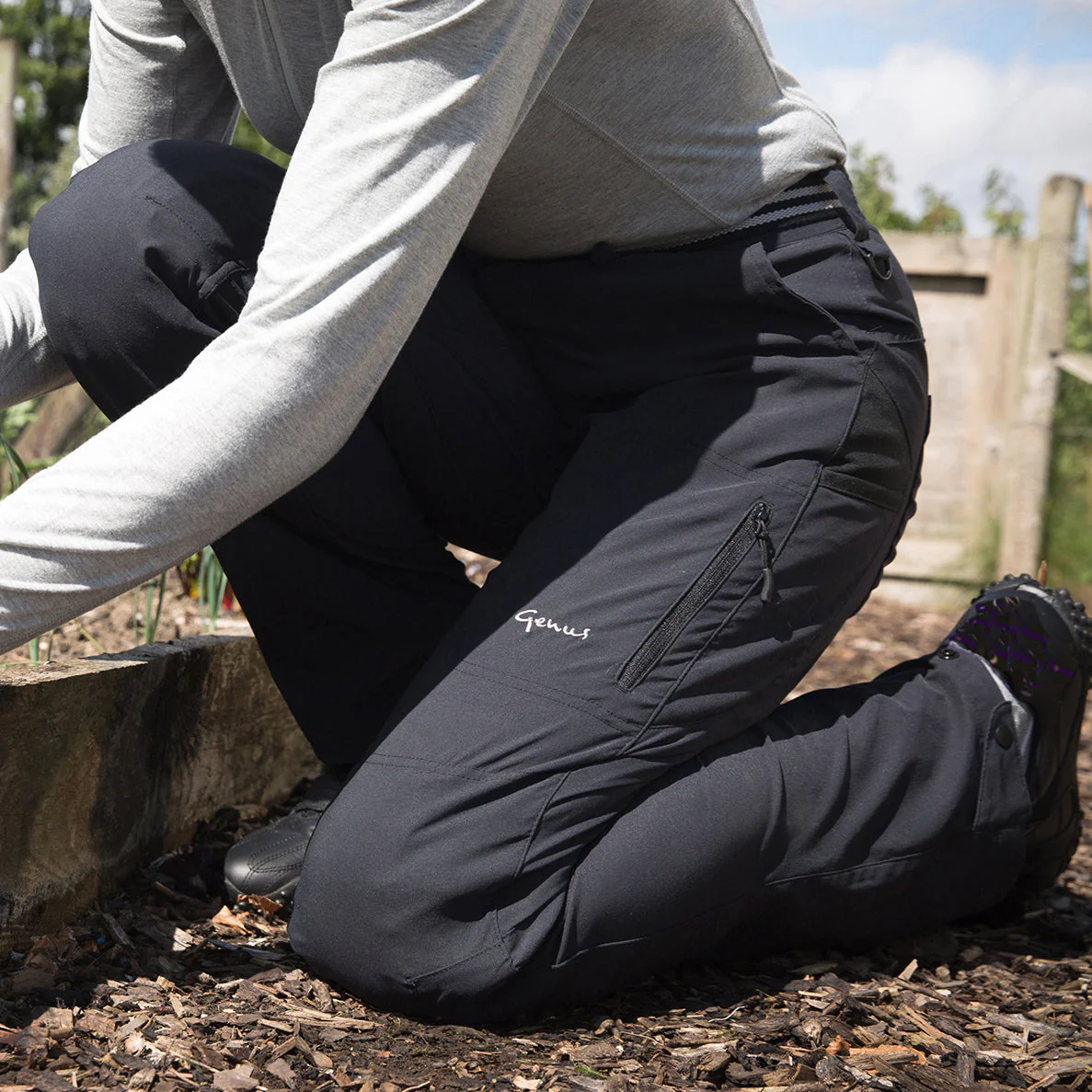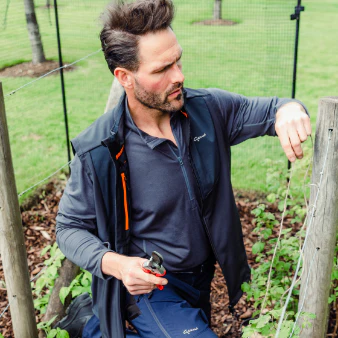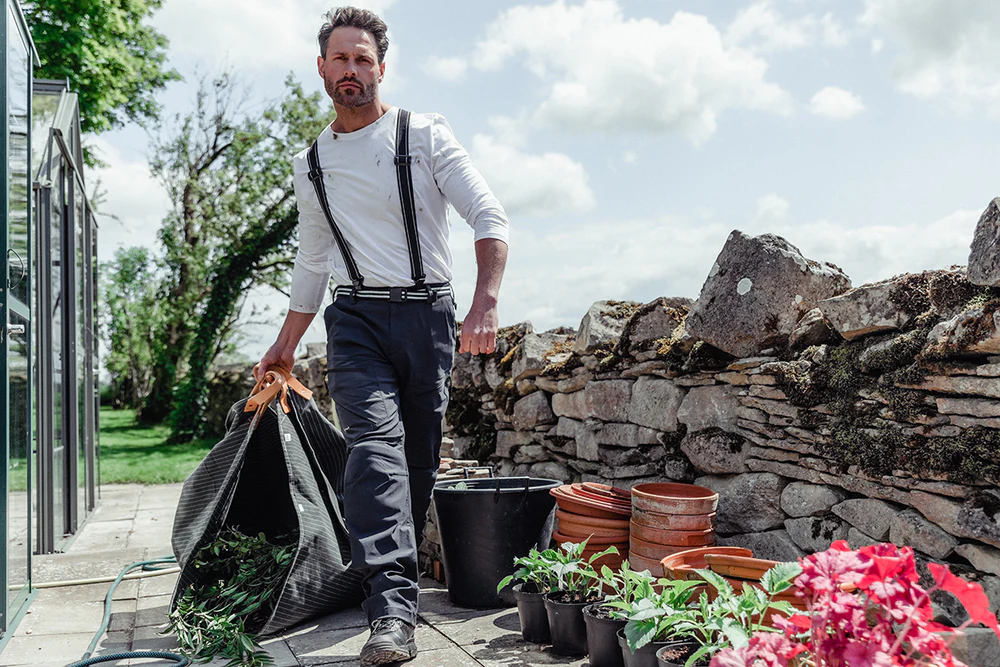
You may be on first names terms, after-all they’ve been good friends for six months or more, but there comes a time when you have to accept that your greenhouse tomatoes need to be put into retirement. No more fruit is going to form and those already on the vine are slow if not reluctant to ripen. Another good reason to consider clearing the ground is to make use of the space through the winter and, with ground temperatures still relatively warm, germination of a new crop is often rapid. For several years now we’ve planted a winter salad mix. The results have been excellent and the ability to send guests by torchlight into the garden to pick a handful of leaves on a foggy midweek evening is wonderful.
We’re not loyal to any particular brand or mix but these blends usually consist of mustards in green and red, rocket, mizuna, pak choi, and radish. The observant amongst you will notice that they all belong to the family of plants called the Brassicaceae. Some may still call it by the older name of Cruciferae, meaning ‘cross bearing’ referring to the four petals on the flowers resembling a cross. Their hardiness shouldn’t be a surprise, for this is the same family containing cabbages and kales, some of the toughest ‘old boots’ on the plot.
Despite these origins we still grow the salad under glass for some degree of protection. Regular picking combined with cooler conditions prevent the plants shooting up to seed and we find they need watering about once a week. In the meantime the tomatoes, green or red, (pictured) head to the chutney pan. We find we produce just enough jars to get us through the winter and into the spring.












